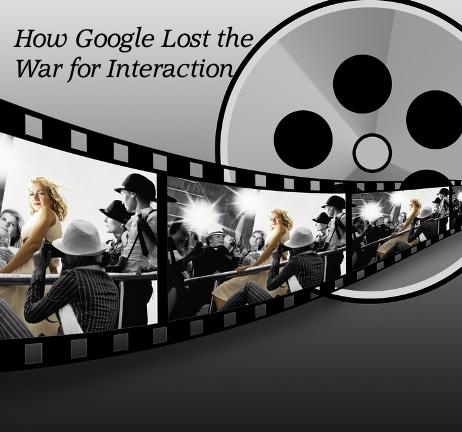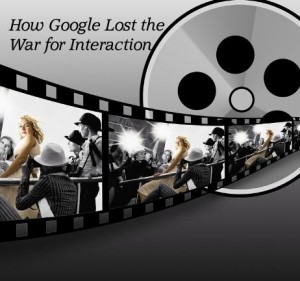Over the last month I have been hanging out on the live streaming platform blab and enjoying it tremendously. What caused me to do the current podcast episode is that Google pioneered live streaming, but it is Meerkat, periscope, and now blab that have taken full advantage of it. And you have to ask yourself why?
Google hangouts was a great idea in terms of technology but where google lost its way was that it forgot the human element. It rightly assumed that people wanted to be able to talk to one another and see a face express emotion after so many doctored photos and “I was there” selfies. But they also assumed a level of internet savvy the average user did not have.
Let’s be clear here. The human brain is basically lazy and wants to find the easiest route to do something. There is a reason why so many people are on Facebook, Zuckerberg makes so easy even your Grandmother can use it. The Google hangout experience required you to jump over a number of hoops to become even mildly familiar with the platform and most people were unable or unwilling to put in the investment that required. And, even if you did, the reward felt… cold.
Along comes Meerkat and Periscope that were easier to use, could be done from your phone, and allowed you to talk to large groups of people for instruction or just your own reality show. Blab has taken it even further by creating a sense of conversation with four people onscreen in addition to community where the company continually asks its users what they want on the platform or think about changes they have made. The phrase you hear over and over on blab is “I feel so connected”.
 You were no longer doing public speaking, standing in front of an audience (Meerkat and Periscope), but simply having a conversation with 3 other people on the screen. Interaction is key, and there are many ways for all types of people (extravert or introvert) to take part by joining onscreen or being active in the comment section. Google hangouts always felt like you were being transactional and no matter how cold, you had to take it or leave it. Most people left it.The ability to be conversational has proven so powerful for blab that people on Meerkat and Periscope who once thought of it as a fad are now jumping on the platform.
You were no longer doing public speaking, standing in front of an audience (Meerkat and Periscope), but simply having a conversation with 3 other people on the screen. Interaction is key, and there are many ways for all types of people (extravert or introvert) to take part by joining onscreen or being active in the comment section. Google hangouts always felt like you were being transactional and no matter how cold, you had to take it or leave it. Most people left it.The ability to be conversational has proven so powerful for blab that people on Meerkat and Periscope who once thought of it as a fad are now jumping on the platform.
Don’t get me wrong, I still love Google plus and think the “communities” will survive as they offer a great way to find and interact with like-minded people. However, I think someone needs to tell Google that despite having some really smart people working for it, muscle alone is not enough to make up for a poor average user experience. I say that because many people who had no interest in Google plus were forced to join the platform regardless of if they wanted it or not. Little thought was given to demographics so Grandma and junior were packed into the same box. And, once they got there discovered there was no “there” there in an experience that felt cold and distant. No one asked them what they wanted or how they could make the experience better. They forgot that if they provided something exciting, that people wanted, there would be no need to force them to use it.
I sit back and watch as people flood into blab for the experience and wonder why it was so difficult for Google to grasp the concept of people wanting a sense of connection and making it easy for them to experience it. And now I’m off to do a blab!
If you liked the show, be sure to subscribe on iTunes and Stitcher. If you really liked it, be sure to write a review. It helps the show.


